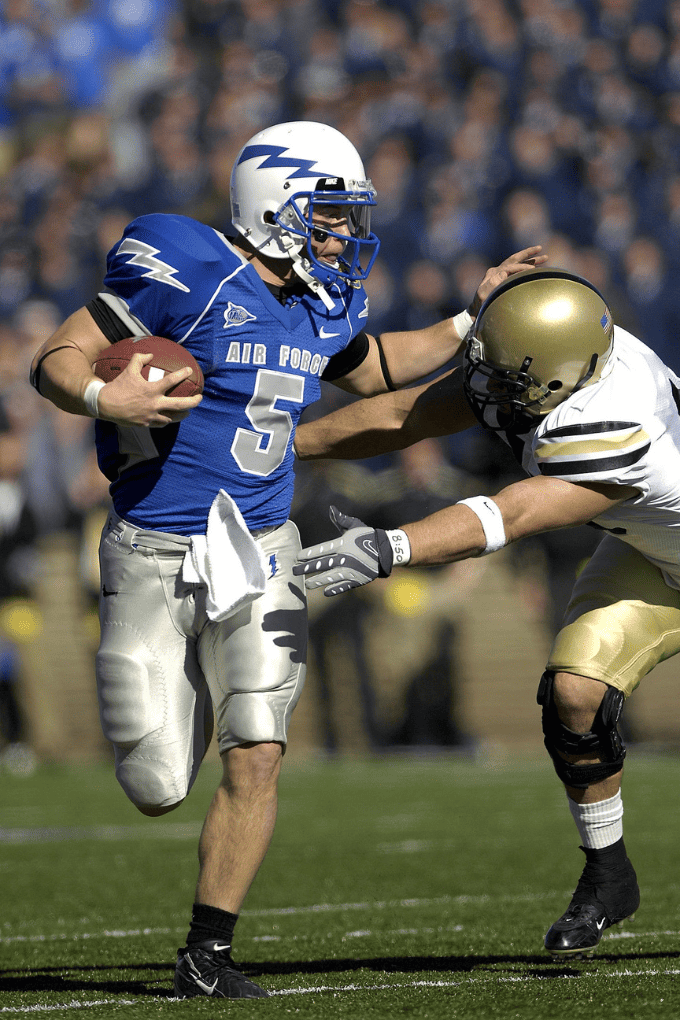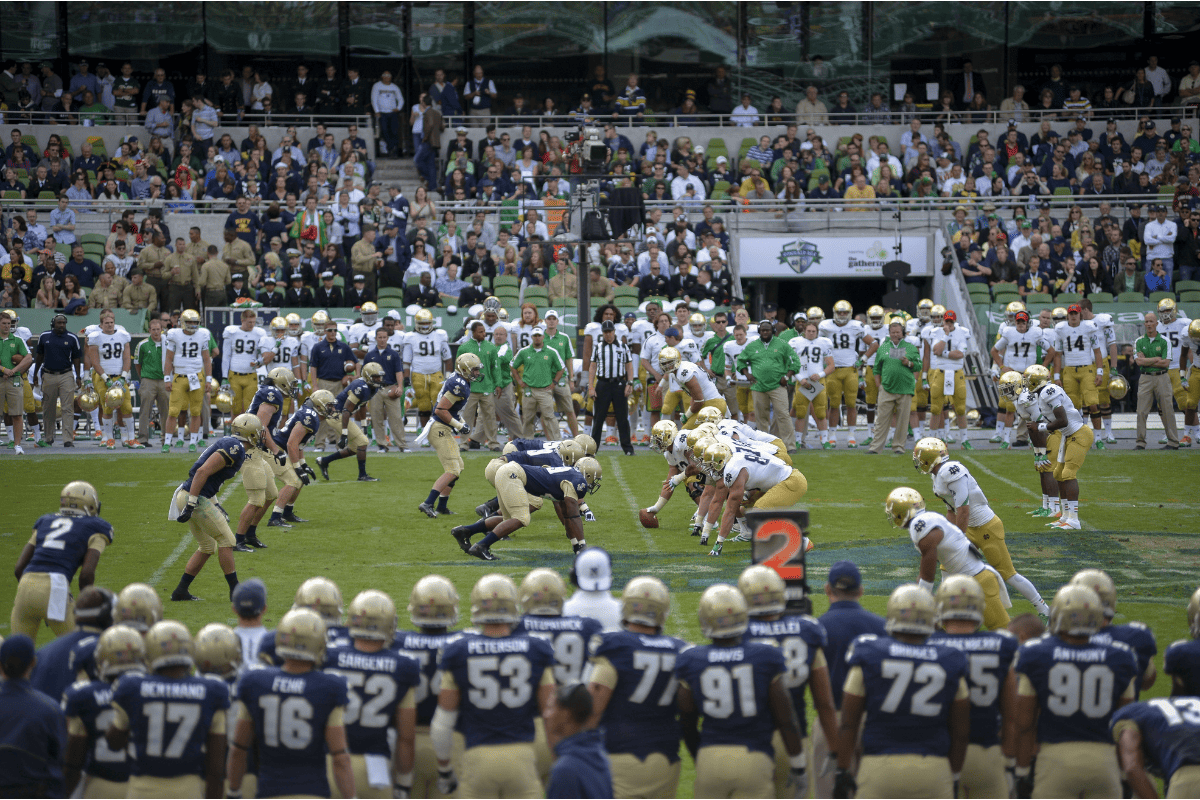What Does a Spy Do in Football? (Beginner’s Guide)
Football is a game that demands strategic thinking, and that extends to both sides of the ball. When it comes to defense, one specialized position that often comes into play is that of a “Spy.” If you’re new to the sport, you might be scratching your head at the term. Don’t worry, you’re not alone.
In this article, we’re going to explore what a Spy is, why the role is increasingly vital in modern football, the traits that make for an effective Spy, and how to identify when to use one in your own defensive schemes.
Definition of a Spy
In football, a Spy is typically a player—usually a linebacker or safety—assigned to keep tabs on a specific player on the offensive side, most often the quarterback.
Unlike traditional defensive roles that focus on a broader area or scheme, a Spy’s job is to “shadow” a particular player, often in passing situations or when up against a mobile quarterback.
Role and Responsibilities
The primary role of the Spy is to prevent the quarterback from making significant gains by either passing the ball or running it themselves. They achieve this by:
- Reading the quarterback’s eyes and body language.
- Reacting quickly to either cover a short pass or make a quick tackle if the quarterback decides to run.
- Having the ability to quickly change direction, which is critical when covering elusive quarterbacks.
Comparison to Other Defensive Roles
While linebackers and safeties have other responsibilities like covering tight ends or stopping the run, a Spy’s focus is narrower but crucial. They’re the last line of defense in preventing a skilled quarterback from making game-changing plays.
Importance of Spying in Modern Football
Today’s game of football has evolved, and so have the athletic abilities of quarterbacks. With the rise of dual-threat quarterbacks who can both pass and run, the role of a Spy has become increasingly significant.
Why a Spy is Essential

In modern football, not having a Spy can result in significant vulnerabilities, especially against offenses led by mobile quarterbacks.
Quarterbacks who can scramble can extend plays, allowing more time for their receivers to get open or choose to run the ball themselves, turning potentially lost yards into first downs or even touchdowns. A Spy acts as a countermeasure, limiting these options.
Characteristics of an Effective Spy
Not just any player can effectively serve as a Spy. It requires a particular skill set and physical attributes.
Skill Set Required
- Speed: The player needs to be fast enough to catch up to the quarterback if they decide to run.
- Agility: Quick changes in direction are often necessary, especially when the quarterback is elusive.
- Awareness: Being able to read the game quickly and react is crucial for any Spy.
Developing Skills
These skills can be enhanced through a specialized Strength and Conditioning Program focused on improving speed, agility, and situational awareness. Incorporating drills that mimic game situations involving a Spy can also be particularly helpful.
Identifying When to Use a Spy
The necessity for a Spy is often dictated by the type of offense you’re up against. Here’s how to identify when you might need to include a Spy in your defensive strategy.
Types of Offensive Schemes
- Spread Offense: Often leaves more room for the quarterback to run, requiring a Spy to keep them in check.
- Option Offense: Involves a lot of misdirection and quarterback movement, making a Spy beneficial.
Game Tape Analysis
Studying game tape can provide insights into when a Spy might be most effective. Look for tendencies in the quarterback’s behavior, particularly in third-down situations or obvious passing downs.
Conclusion
Understanding the role of a Spy in football can add a layer of depth to how you watch, play, or coach the game. Given the increasing athleticism and versatility of quarterbacks, having an effective Spy in your defensive scheme can make all the difference.
It’s an exciting and specialized role, requiring a unique blend of skills that can be honed through the right training and practice. So the next time you hear the commentator refer to a defensive player playing as a ‘spy’, you’ll know exactly what they’re talking about!

